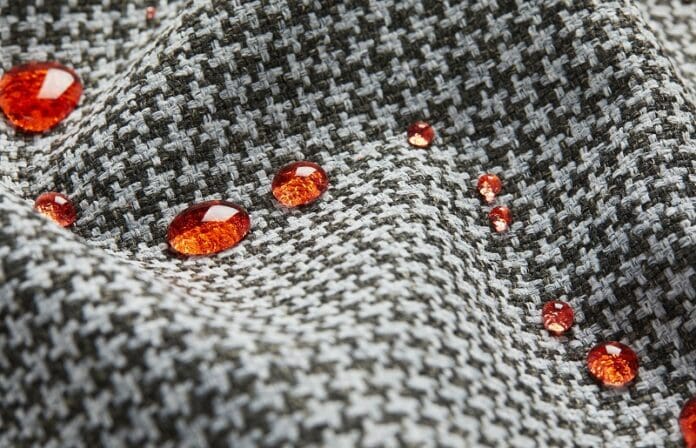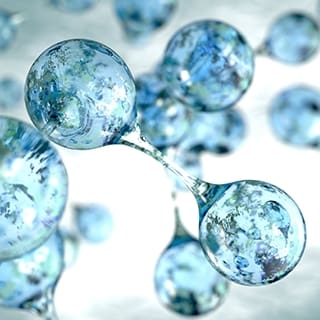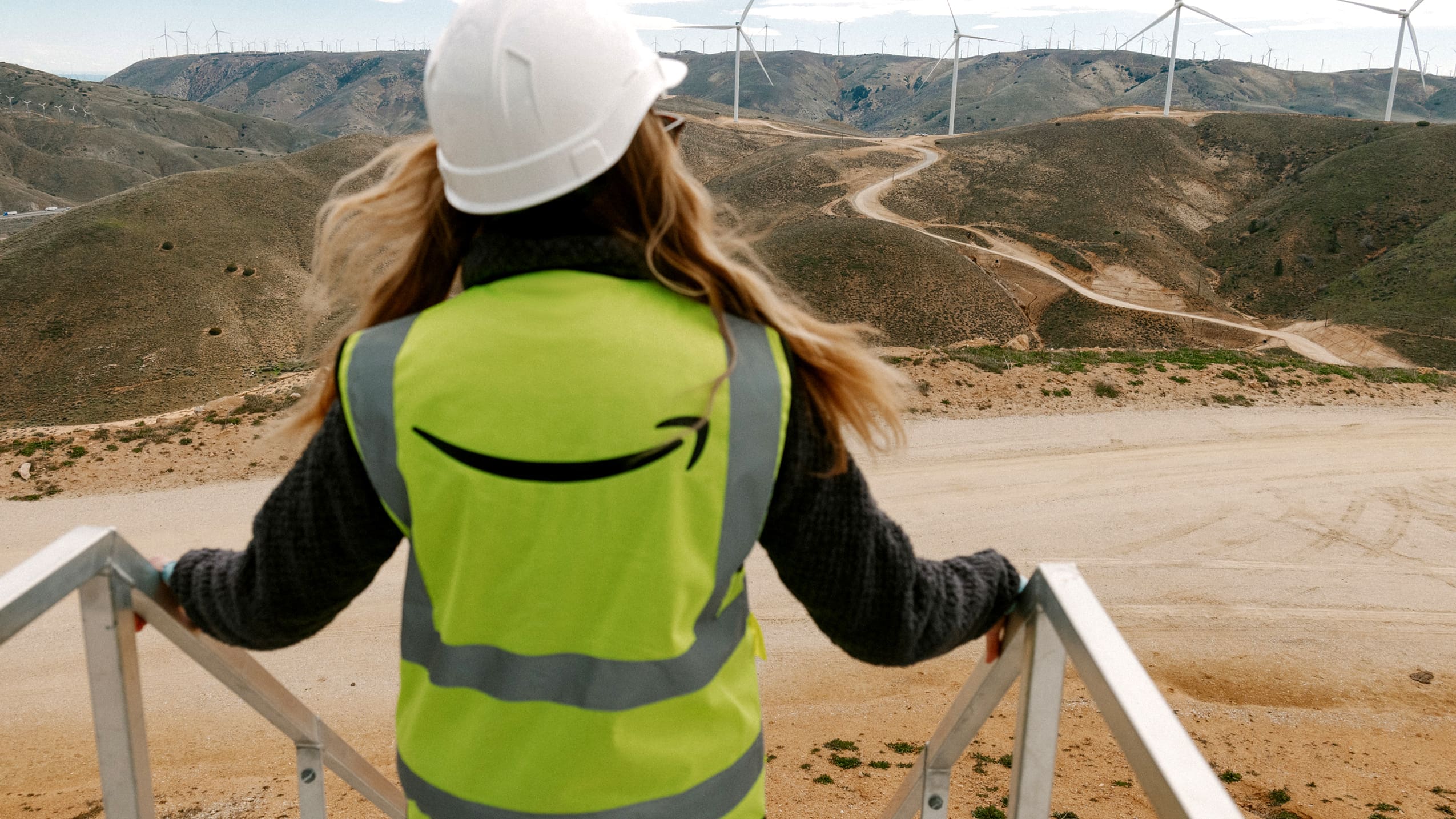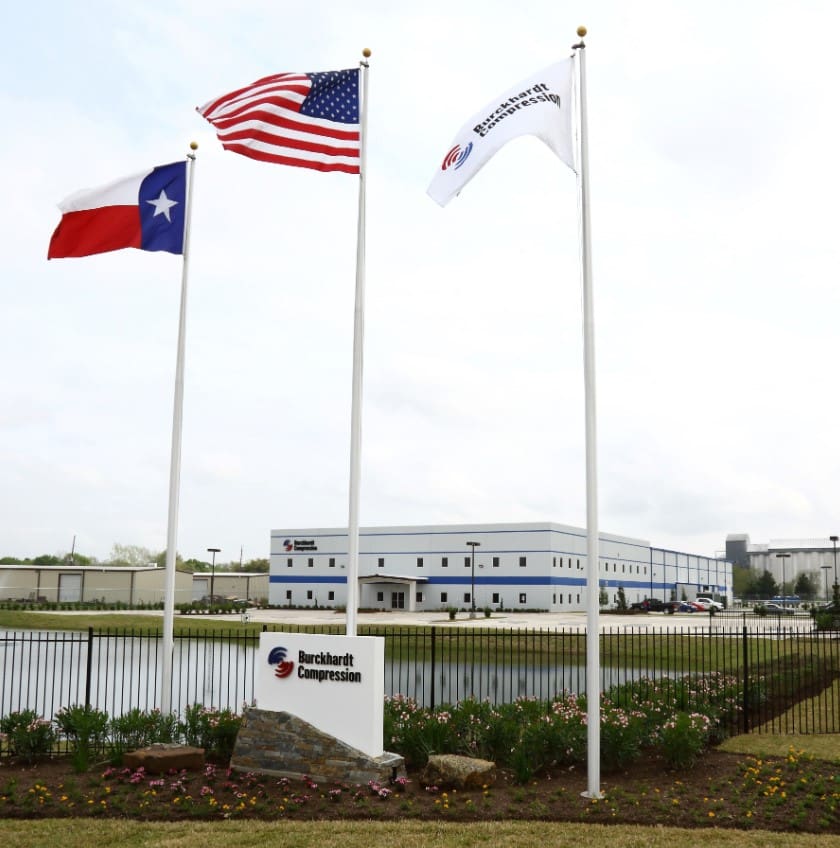Nassimi, a textile manufacturer and sustainable performance upholstery material company, has moved to eradicate per- and polyfluoroalkyl substances (PFAS) from all new production. Nassimi said that it was the first textile company to produce phthalate-free faux leather in the early 2010s and remove flame-retardant chemicals from its upholstery materials in 2017. Now, the company has reformulated the last of its textile lines containing PFAS, Resilience TX, to create a fully sustainable product portfolio.
PFAS, often referred to as fluorocarbons, are a large, complex group of manufactured chemicals present in a variety of consumer products, including performance fabrics, that do not degrade easily in the environment and may be linked to harmful health effects in humans and animals. The concern around PFAS has initially been centered around drinking water contamination, but has grown to more widespread exposure, due to increased use in a variety of consumer products, including performance textiles. PFAS are used in a wide range of consumer and industrial products. Some of the most common uses are non-stick cookware, stain and water-repellent clothing, stain-repellent carpeting, performance upholstery textiles, packaging, as well as fire extinguishing foam. PFAS are used in industries such as aerospace, automotive, construction, and electronics. The American Chemistry Council, a trade organization, noted that thousands of different types of PFAS chemicals are currently being used in a variety of products and industries, and that alternative materials may not be immediately available to replace them. While it is still unclear to which extent PFAS are harmful to human health, and if all of the many types of PFAS are harmful, some scientific studies have shown that exposure to some PFAS in the environment may be linked to harmful health effects in humans and animals.
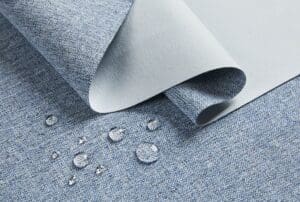
While many companies are just now beginning to develop PFAS-free alternatives as a response to current legislation in some states, Nassimi believes that it has long been at the forefront of sustainable manufacturing, engineering its fabrics to be PFAS-free from the get-go. The majority of Nassimi products — including its performance upholstery fabric Supreen — have always been PFAS-free, while offering the same level of high stain and liquid resistance.
“Human health and environmental stewardship have always been of great importance to us at Nassimi. For many years we’ve been on the path to ending the use of potentially harmful chemicals in our fabrics, and we are proud to eliminate PFAS from all products,” said Iwan Nassimi, executive vice president at Nassimi. “Given our prior experience developing PFAS-free alternatives, I’m confident that our customers and end-users will still find that the performance capabilities of our fabrics exceed expectations.”
While conventionally used PFAS-free alternatives are often less effective in repelling stains, Nassimi said that its proprietary technology in the finishing process offers highly effective stain protection. Nassimi’s Supreen liquid barrier fabrics use a silicone-based stain repellent applied following a patented fabric-purification process. This allows for the silicone to fully embed itself into the textiles’ fiber to create an invisible layer of stain protection. Likewise, the surface treatments of Writer’s Block polyurethanes, SiO silicones, and Resilience faux leathers provide stain resistance, without the use of any harmful chemicals.
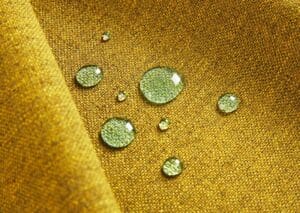
There are four states with current legislation related to stain repellents used in furniture and upholstery textiles: California, Maine, Massachusetts, and Minnesota. In general, these laws prohibit the sale or distribution of carpets, rugs, fabric treatments, upholstered furniture, or textile furnishings that contain per- or polyfluoroalkyl chemicals. The first state to have a law against the sale of upholstered furniture to date is Maine. The law has two phases, the first requiring a disclosure statement be supplied to the State of Maine for any company that ships products containing PFAS into the state of Maine. This requirement went into effect on January 1, 2023. The second phase, which prohibits the sale of furniture with PFAS, is scheduled to be fully implemented January 1, 2030. With most products already free of PFAS and all new production of Resilience TX converted, Nassimi believes it is already ahead of the curve.



